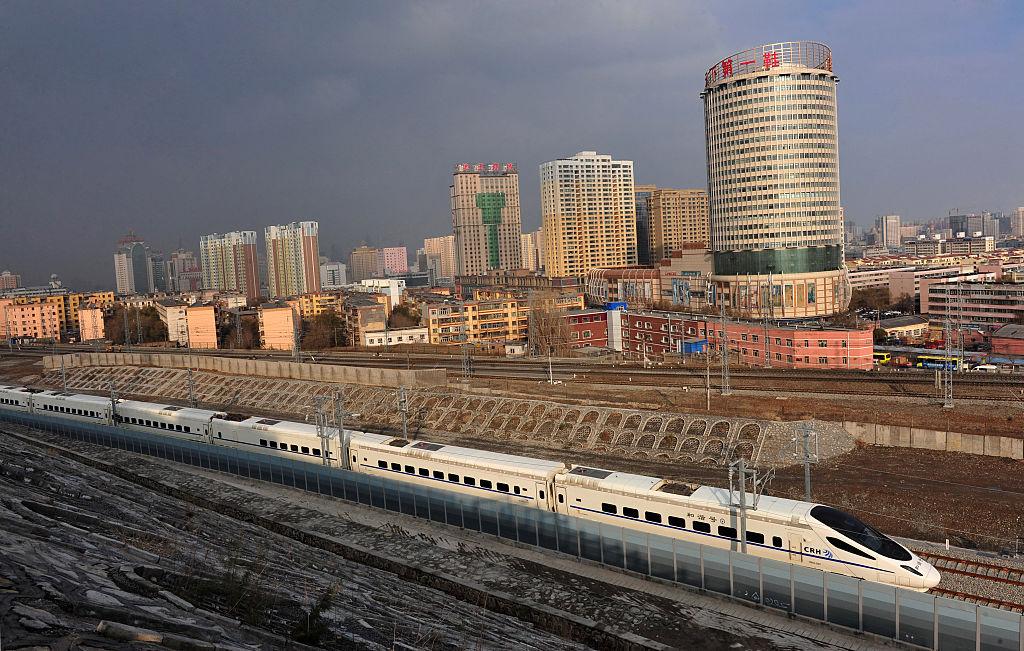The severity of the latest CCP virus outbreak in Urumqi, the capital of western China’s Xinjiang region, is under scrutiny as local authorities have taken draconian measures to contain the virus.
Local health authorities in Urumqi said during a press conference on July 18 that there were a total of 17 confirmed virus cases in the city as of noon that day, in addition to 23 asymptomatic cases. Chinese authorities count asymptomatic carriers in a separate tally.





